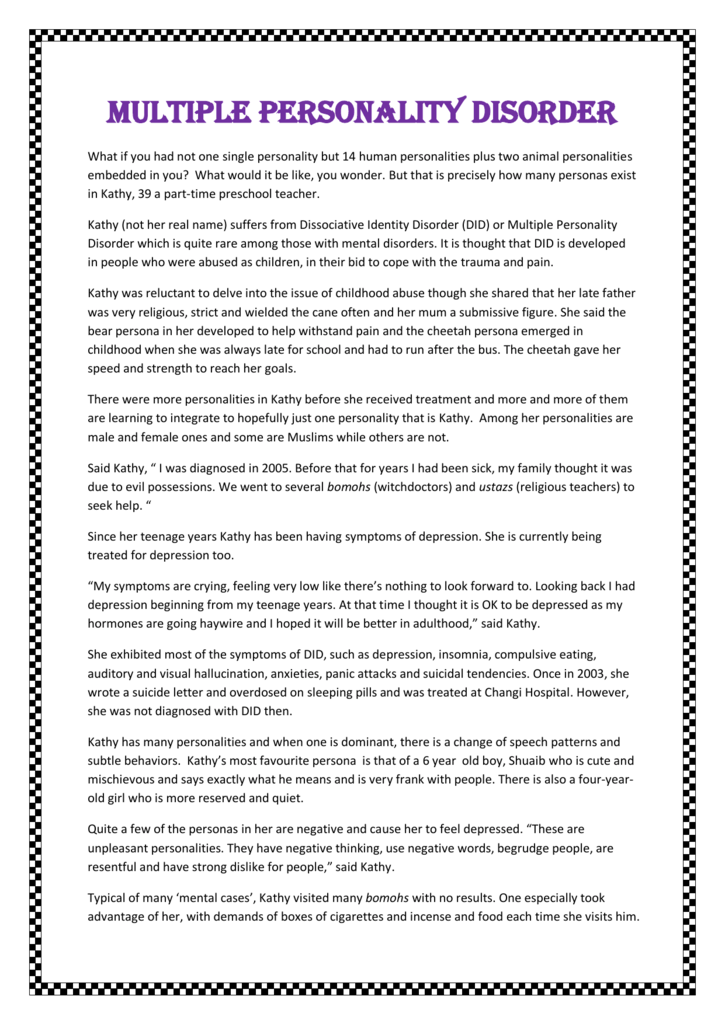
For a mental state to classify as a disorder, it generally needs to cause dysfunction. The definition and classification of mental disorders are key issues for researchers as well as service providers and those who may be diagnosed. For other uses, see Nervous breakdown (disambiguation). Stigma and discrimination can add to the suffering and disability associated with mental disorders, leading to various social movements attempting to increase understanding and challenge social exclusion. Neurodevelopmental disorders include intellectual disability and autism spectrum disorders which usually arise in infancy or childhood. In 2019, common mental disorders around the globe include depression, which affects about 264 million, bipolar disorder, which affects about 45 million, dementia, which affects about 50 million, and schizophrenia and other psychoses, which affects about 20 million people. Prevention programs have been shown to reduce depression. In a minority of cases, there might be involuntary detention or treatment. Other treatments include lifestyle changes, social interventions, peer support, and self-help. Psychotherapy and psychiatric medication are two major treatment options. Treatments are provided by various mental health professionals. Services are based in psychiatric hospitals or in the community, and assessments are carried out by mental health professionals such as psychiatrists, psychologists, psychiatric nurses and clinical social workers, using various methods such as psychometric tests but often relying on observation and questioning. Cultural and religious beliefs, as well as social norms, should be taken into account when making a diagnosis.

A mental disorder is one aspect of mental health. This may be associated with particular regions or functions of the brain, often in a social context. Mental disorders are usually defined by a combination of how a person behaves, feels, perceives, or thinks. Theories may incorporate findings from a range of fields.

The causes of mental disorders are often unclear. Such disorders may be diagnosed by a mental health professional, usually a clinical psychologist or psychiatrist. Many disorders have been described, with signs and symptoms that vary widely between specific disorders. Such features may be persistent, relapsing and remitting, or occur as single episodes.

Psychiatric disorder, psychological disorder, mental illness, mental disease, mental breakdown, nervous breakdown, mental health conditions Īgitation, anxiety, depression, mania, paranoia, psychosisĬognitive impairment, social problems, suicideĪnxiety disorders, eating disorders, mood disorders, personality disorders, psychotic disorders, substance use disordersĪntidepressants, antipsychotics, anxiolytics, mood stabilizers, stimulantsĪ mental disorder, also called a mental illness or psychiatric disorder, is a behavioral or mental pattern that causes significant distress or impairment of personal functioning.


 0 kommentar(er)
0 kommentar(er)
